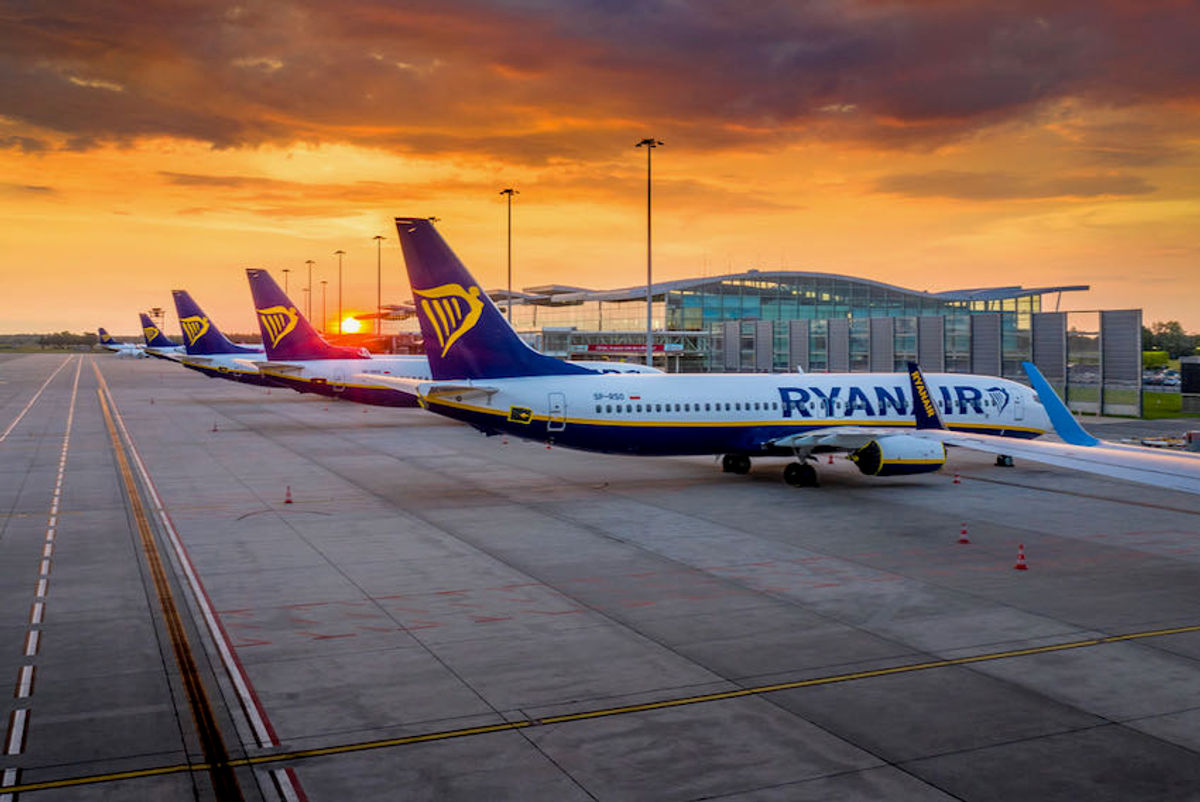Travel
Ryanair sees European airfares drop by 15 per cent

European budget carrier Ryanair has seen its fares fall by 15 per cent during the second quarter of the year.
The Ireland-based airline said that the average fare dropped to €41.93 in the three months to the end of June, compared with an average of €49.07 during the same quarter of 2023.
Ryanair attributed part of this reduction in prices to Easter falling in March this year, as well as having to provide “more price stimulation than we had previously expected”.
Average ancillary revenue was flat year-on-year at €23.40 per passenger. But total revenue from these add-on sales increased by 10 per cent to €1.3 billion as Ryanair’s passenger numbers rose by 10 per cent to 55.5 million during the quarter.
The decline in airfares meant that Ryanair’s total revenue for the quarter fell by 1 per cent year-on-year to €3.63 billion, despite the increase in passenger numbers.
Ryanair also faced an 11 per cent rise in operating costs to €3.26 billion during the quarter, which meant that post-tax profit fell by 46 per cent to €360 million compared to the same period last year.
CEO Michael O’Leary said that while demand for the peak summer quarter between July and September was “strong”, pricing had been “softer than we expected”.
He added that this meant that fares during the current quarter would be “materially lower than last summer”. Ryanair had previously expected prices to be “flat to modestly up” during this crucial three-month period.
O’Leary also called again for progress from the EU and newly elected European Parliament on the reform of the continent’s air traffic control (ATC) systems.
“In the last 10 days of June we suffered a significant deterioration in European ATC capacity which caused multiple flight delays and cancellations, especially on first wave morning flights, making it more urgent than ever that the new EU Commission and Parliament deliver long delayed reform of Europe’s hopelessly inefficient ATC services,” he added.
“This can be achieved by properly staffing of Europe’s ATC services and protecting overflights during national strikes, which would deliver revolutionary environmental improvements in EU air travel.”










